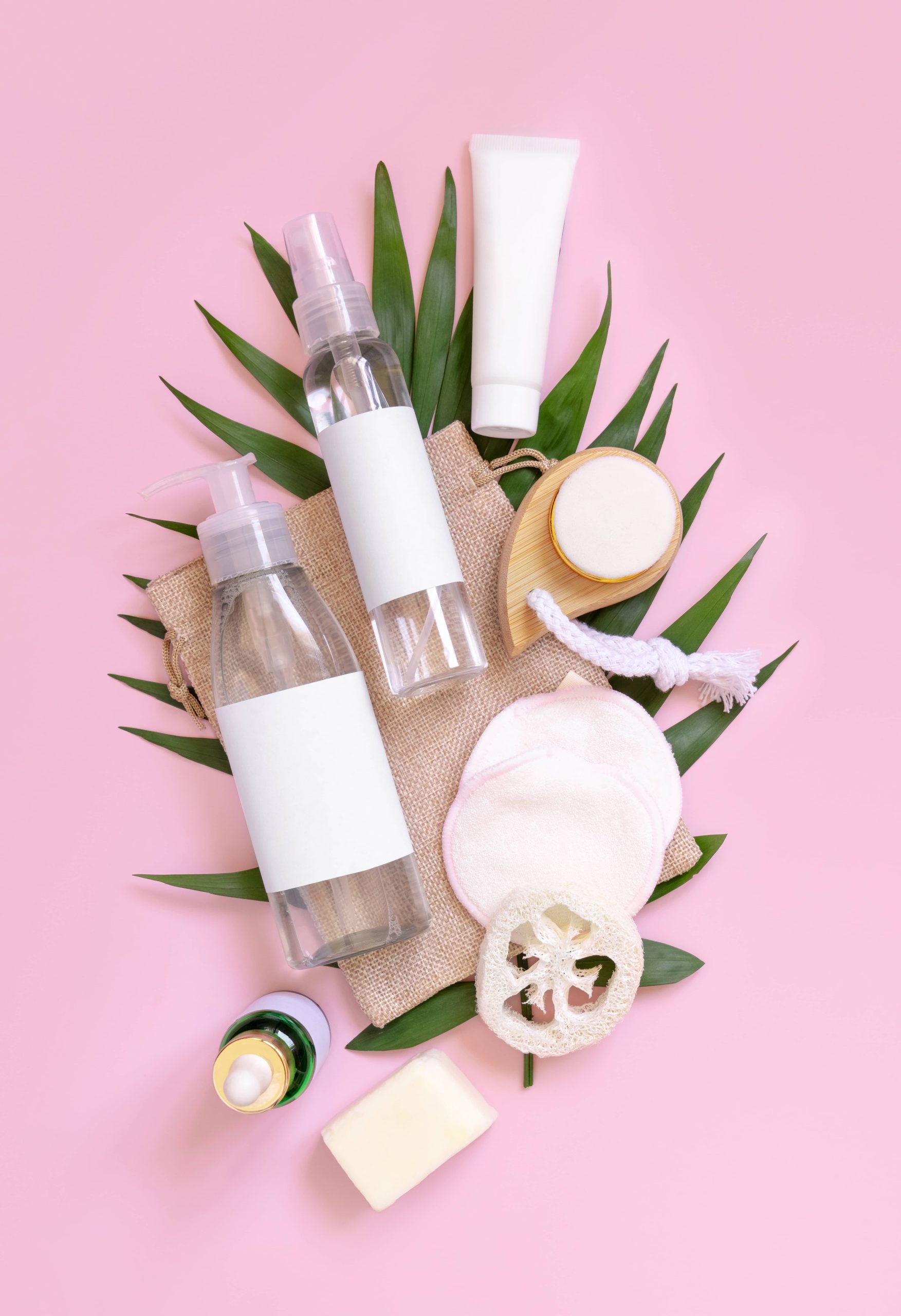
Polycystic Ovary Syndrome (PCOS) is a common hormonal disorder that affects many women of reproductive age. One of the most distressing symptoms of PCOS is acne, which can be persistent and difficult to manage. This guide aims to provide a comprehensive overview of how to manage PCOS-related acne effectively, combining skincare routines, lifestyle changes, and medical treatments.
Understanding PCOS and Acne
PCOS is characterized by an imbalance in reproductive hormones, which can lead to a variety of symptoms, including irregular menstrual cycles, excessive hair growth, weight gain, and acne. The acne associated with PCOS is often due to elevated levels of androgens (male hormones) that increase oil production in the skin, leading to clogged pores and breakouts.
Skincare Routine for PCOS Acne
1. Gentle Cleansing: Use a gentle, sulfate-free cleanser to wash your face twice daily. Avoid harsh scrubs that can irritate the skin and exacerbate acne.
2. Exfoliation: Incorporate chemical exfoliants like salicylic acid or glycolic acid into your routine. These help to unclog pores and reduce inflammation. However, use them sparingly to avoid over-exfoliation.
3. Moisturizing: Choose a non-comedogenic moisturizer to keep your skin hydrated without clogging pores. Look for ingredients like hyaluronic acid and glycerin.
4. Sun Protection: Apply a broad-spectrum sunscreen daily. Sun exposure can worsen acne and lead to hyperpigmentation.
5. Spot Treatments: Use spot treatments containing benzoyl peroxide or tea tree oil to target active breakouts.
Lifestyle Changes
1. Diet: A balanced diet can have a significant impact on managing PCOS symptoms. Focus on low-glycemic foods, as high-glycemic foods can spike insulin levels and exacerbate acne. Incorporate plenty of fruits, vegetables, lean proteins, and whole grains.
2. Exercise: Regular physical activity helps regulate hormones and improve insulin sensitivity, which can reduce acne flare-ups.
3. Stress Management: Stress can worsen hormonal imbalances. Practice stress-reducing techniques such as yoga, meditation, or deep-breathing exercises.
4. Sleep: Ensure you get adequate sleep each night, as poor sleep can affect hormone levels and skin health.
Medical Treatments
1. Oral Contraceptives: Birth control pills can help regulate hormones and reduce acne in women with PCOS. Consult with a healthcare provider to determine if this option is suitable for you.
2. Anti-Androgens: Medications like spironolactone can reduce androgen levels and improve acne. These should be taken under medical supervision.
3. Topical Retinoids: Prescription-strength retinoids can help unclog pores and reduce inflammation. They are effective but can cause irritation, so it’s important to use them as directed by a dermatologist.
4. Metformin: This medication is often prescribed to manage insulin resistance in PCOS and can indirectly help with acne.
Natural Remedies
1. Spearmint Tea: Drinking spearmint tea has been shown to reduce androgen levels and improve acne in some women with PCOS.
2. Zinc Supplements: Zinc has anti-inflammatory properties and can help reduce acne severity. However, consult with a healthcare provider before starting any supplements.
3. Tea Tree Oil: Known for its antibacterial properties, tea tree oil can be an effective natural treatment for acne. Use it diluted to avoid skin irritation.
Conclusion
Managing PCOS acne requires a multifaceted approach that includes a consistent skincare routine, lifestyle modifications, and possibly medical treatments. It’s important to consult with healthcare professionals to tailor a plan that suits your individual needs. Remember, managing PCOS and its symptoms is a journey, and with the right strategies, you can achieve clearer skin and improved overall health.
